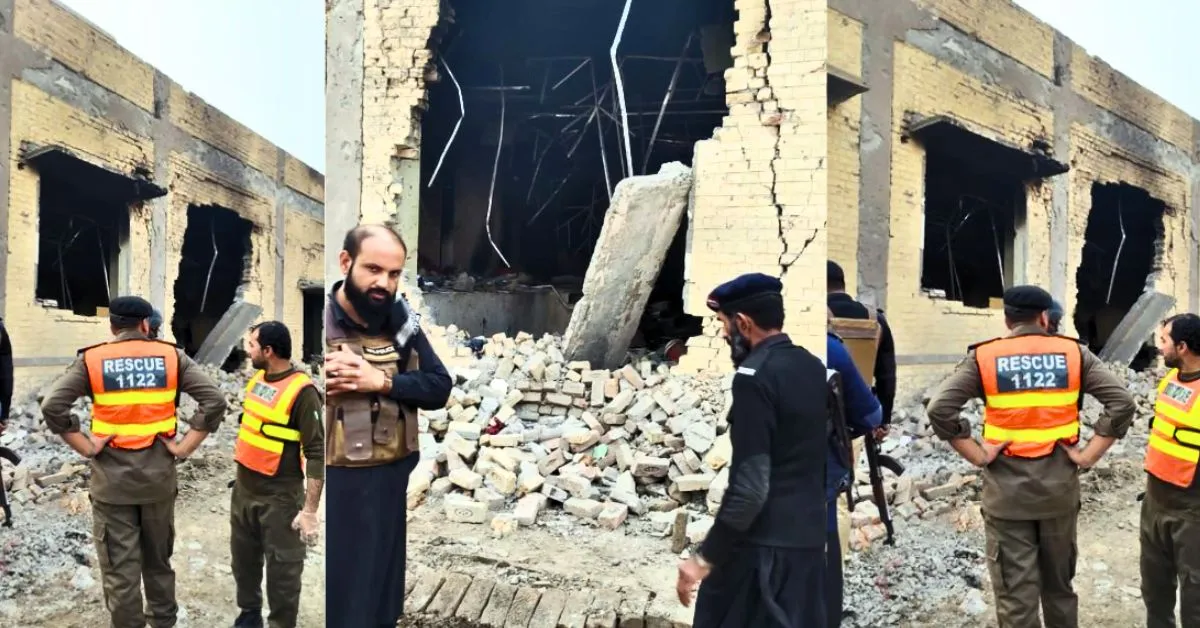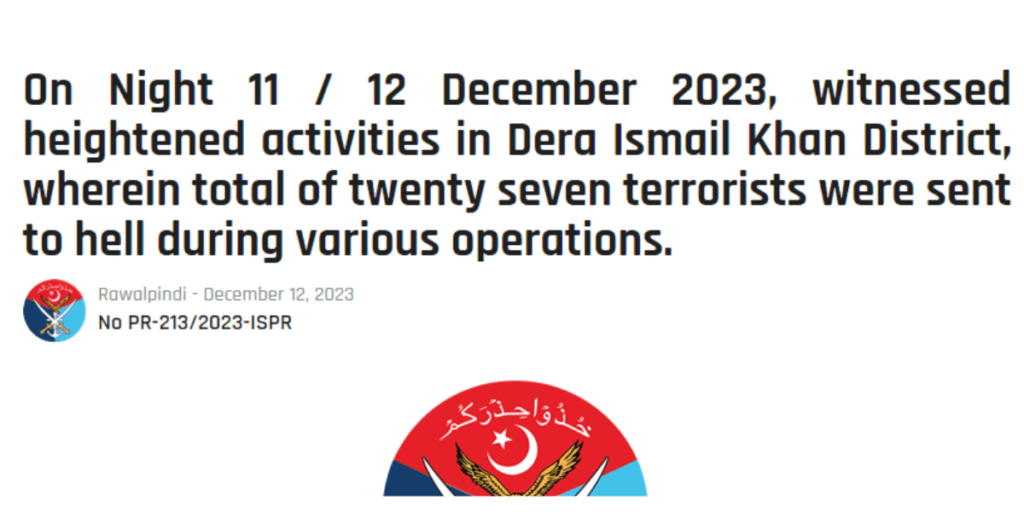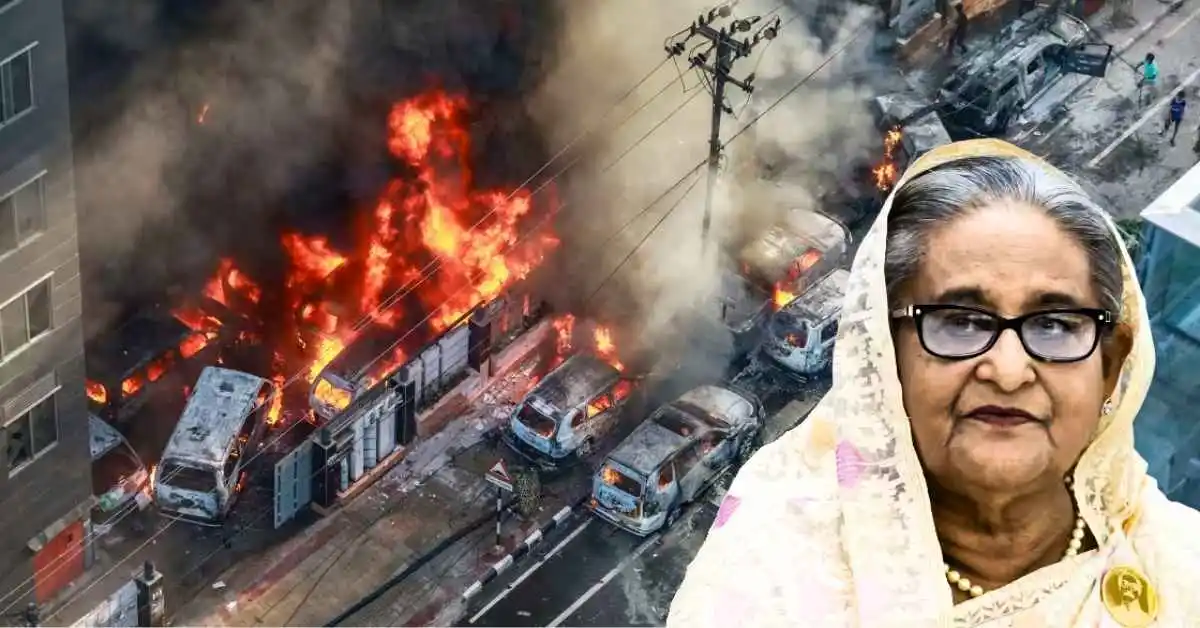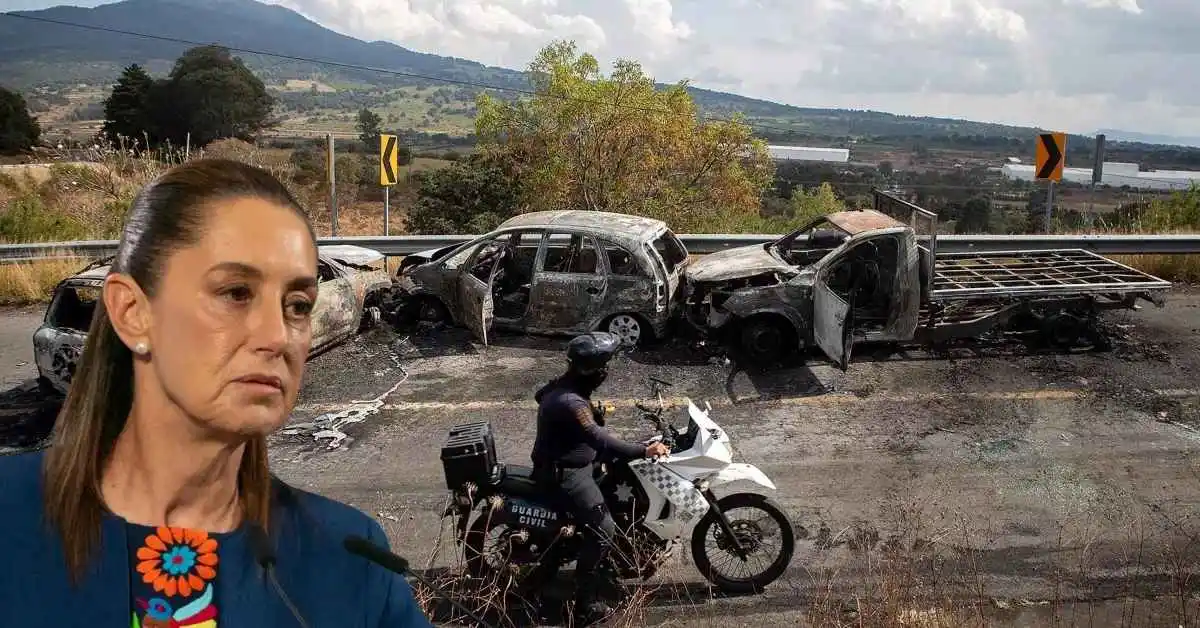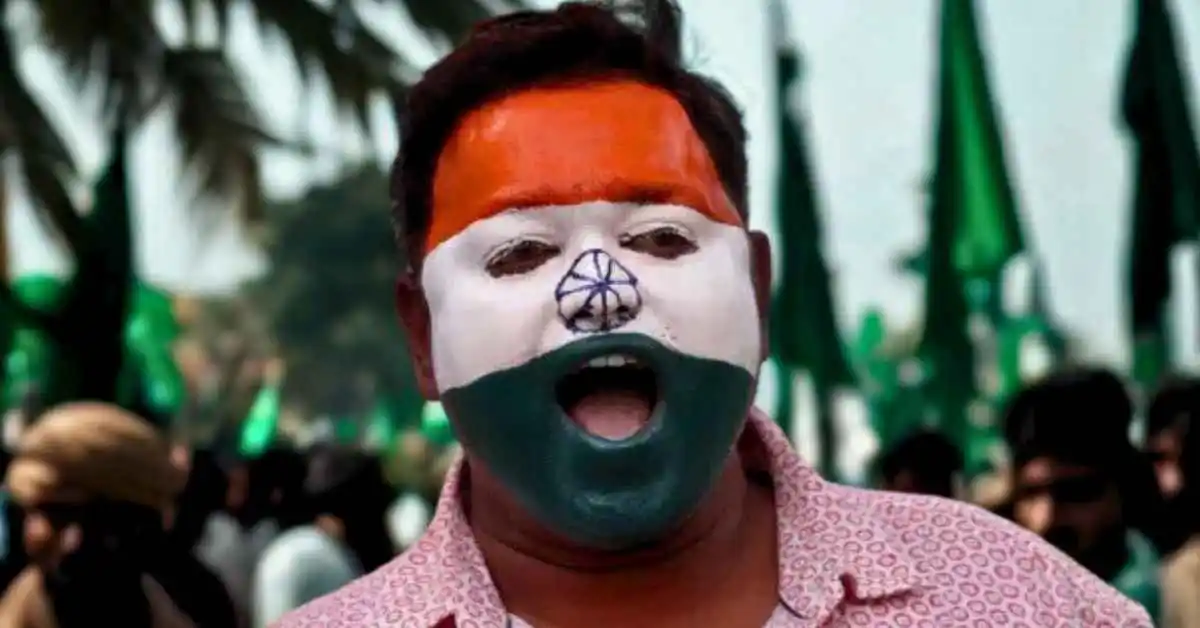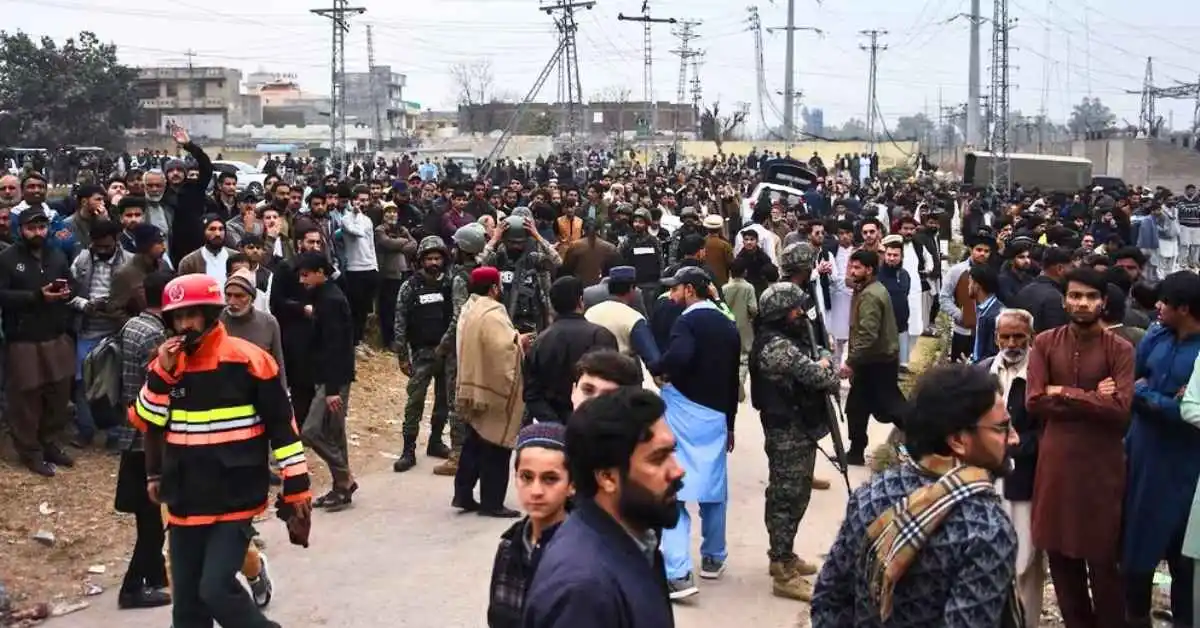In the early hours of 12 December 2023, residents of Daraban, a town in Dera Ismail Khan district, woke up to the sound of a massive explosion. A car loaded with explosives had been rammed into the boundary wall of a joint army and police post. The blast was followed by heavy gunfire as six armed men stormed the building.
When the dust settled, 23 soldiers had lost their lives, and dozens were injured. The attackers were eventually killed in the exchange of fire, but the damage was already done. Not only had the security forces suffered a significant loss, but the nearby community was also shaken. A school building close to the post was damaged, and the shockwaves of the blast spread fear across the town.
A group calling itself Tehreek-e-Jihad Pakistan (TJP) quickly claimed responsibility for the assault. For many observers, the name was unfamiliar. Still, security officials explained that the group was essentially another face of the Tehreek-i-Taliban Pakistan (TTP), which has a long history of deadly attacks in the region.

The Daraban attack was more than just another incident in the country’s troubled fight against militancy. It marked a grim reminder that extremist groups were far from defeated and were capable of organizing devastating operations.
While the Daraban tragedy shocked the nation, it was part of a broader pattern that had been developing in Pakistan for months. Militancy, particularly in Khyber Pakhtunkhwa (KP) and Balochistan, had been on the rise throughout 2023.
Independent reports later showed that 2023 witnessed the highest number of militant attacks in six years. Violence surged by almost 70 percent compared to the previous year, and fatalities crossed 1,000. Security forces were often the primary targets, though civilians were frequently caught in the crossfire.
The location of Daraban also has symbolic importance. Situated near the Afghan border, this area has historically been vulnerable to militant infiltration. For decades, the region has seen a cycle of insurgency, counterinsurgency, and recurring violence. The December 2023 attack, therefore, highlighted not only a security lapse but also the persistence of deeper structural problems.
The beginning of 2024 brought no relief. Militants continued to stage attacks across KP, particularly in Dera Ismail Khan and adjoining districts. On 5 February 2024, just weeks after Daraban, gunmen targeted another police station in the same district, killing 10 officers.
The situation became even more tense during the February 2024 general elections. In the weeks leading up to the vote, more than 50 incidents of violence were recorded. Election offices, political rallies, and polling stations came under attack. Security forces were stretched thin, trying to protect both the political process and vulnerable communities.
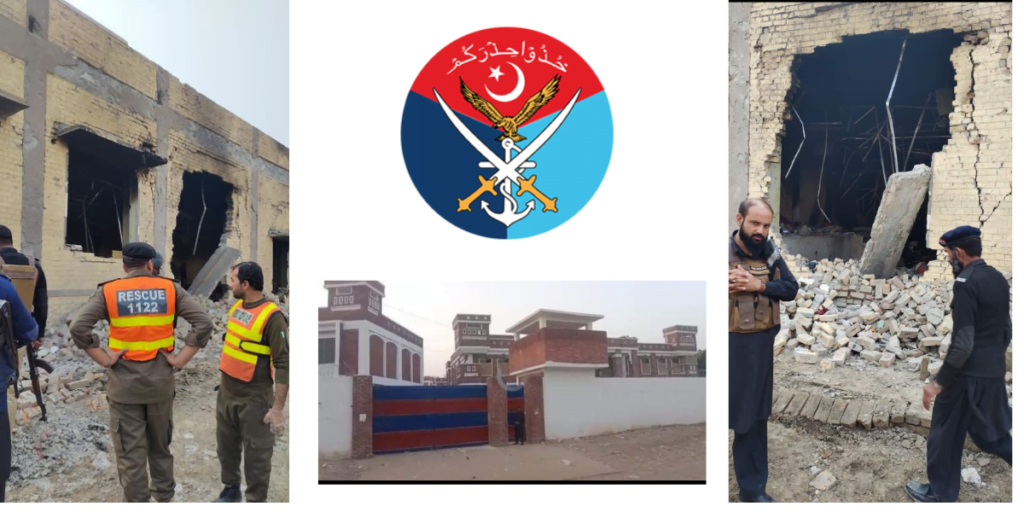
By the end of 2024, Pakistan was facing one of its deadliest years in over a decade. According to independent research organizations, more than 1,600 people died in militant violence that year, including nearly 700 members of the military and police. For the first time since 2015, the annual death toll crossed the 1,500 mark. These figures painted a troubling picture: despite years of counterterrorism operations, militant networks had not only survived but had regrouped.
The new year brought more bloodshed. Militants launched significant strikes against security forces in North Waziristan, Bajaur, and other border districts.
One of the deadliest incidents occurred on 28 June 2025, when a suicide bomber driving an explosives-laden vehicle rammed into a military convoy in Mir Ali, North Waziristan. The blast killed 16 soldiers and injured nearly 30 others, including civilians. The attack was claimed by a faction aligned with the TTP, further confirming that the group remains capable of carrying out large-scale assaults.
Another controversial event took place on 19 May 2025, when a drone strike in Waziristan killed four children. The military denied involvement and blamed militants, but residents were unconvinced. Protests erupted in the region, with families demanding an independent investigation. Incidents like these have worsened the trust gap between the state and people living in conflict-hit areas.
In late July 2025, the army launched Operation Sarbakaf in Bajaur District, aimed at clearing militant hideouts. The operation, however, has already displaced over 100,000 people. While the offensive has reportedly killed several militants, it has also sparked a humanitarian crisis, with families forced to abandon their homes and live in temporary shelters.
One of the most tragic aspects of this ongoing conflict is the toll it has taken on ordinary people. Beyond the statistics of soldiers and militants killed, countless civilians have been forced to live under constant fear. Schools, markets, and mosques have often been caught in attacks. Families in conflict-prone districts have experienced repeated displacements, leaving them without stable homes or livelihoods.
For children, the trauma is especially severe. The Daraban attack itself damaged a school, disrupting education for local students. In areas like Bajaur and Waziristan, classrooms remain empty as parents fear sending their children out amid military operations and militant threats.
Why Militancy Persists
The persistence of groups like TTP and TJP raises tough questions. How do these organizations continue to recruit, plan, and launch attacks despite years of counterinsurgency? Experts point to several reasons:
- Cross-border sanctuaries: Militants often move between Pakistan and Afghanistan, exploiting porous borders.
- Weak local governance: In many tribal areas, the absence of strong institutions creates space for extremist influence.
- Socio-economic conditions: Poverty, lack of education, and unemployment make young people vulnerable to recruitment.
- Changing militant identities: Groups frequently rebrand under new names, making it difficult for authorities to track and dismantle them completely.
The Daraban attack in December 2023 symbolized more than just a single night of bloodshed. It was the beginning of a new cycle of violence that has continued into 2024 and 2025. The loss of security personnel has been devastating, but the suffering of civilians has been equally profound.
Military operations remain essential to tackling the immediate threat, but they cannot be the sole solution. Long-term stability will require addressing the roots of militancy: poverty, lack of opportunity, and political alienation. Building trust with local communities must become a priority, especially in regions where people often feel abandoned or targeted.
Unless Pakistan can combine security measures with social and political reforms, the cycle of violence risks repeating itself. The people of Daraban, Dera Ismail Khan, and many other towns in KP deserve more than living in the shadow of fear.
The Daraban tragedy and the many incidents that followed remind us that a deadly suicide attack on security forces in Pakistan is not just an assault on the military but also a blow to the nation’s stability. Each fatal suicide attack on security forces in Pakistan shakes public confidence and deepens the sense of insecurity among ordinary people.
Despite ongoing operations, the reality is that a deadly suicide attack on security forces in Pakistan can happen at any time, in any city or district, showing the persistent strength of militant networks. To truly end the cycle, the country must not only respond to each deadly suicide attack on security forces in Pakistan with force, but also with long-term reforms that address the roots of extremism.
